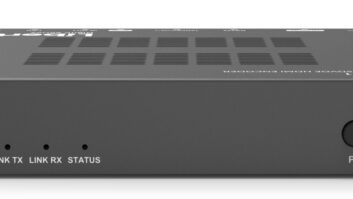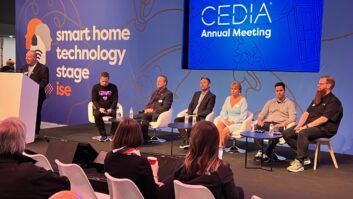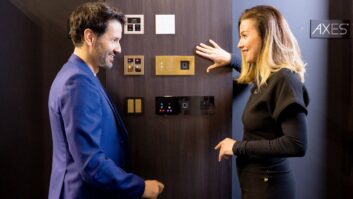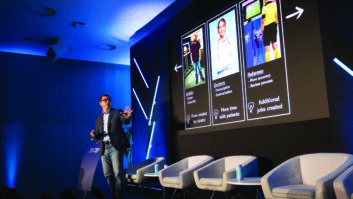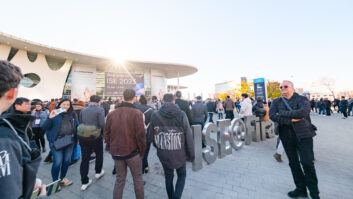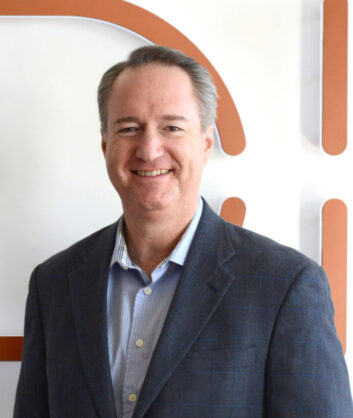 Considering the development of ISE over two decades, what are the elements of its evolution that have most surprised you?
Considering the development of ISE over two decades, what are the elements of its evolution that have most surprised you?
Over the past two decades, the evolution of ISE has been remarkable. One of the most astonishing elements is the sheer scale of the event, as ISE has evolved to become the world’s largest exhibition for AV and systems integration. The increase in exhibitors, attendees, and floor space reflects the escalating importance of integrated systems across various industries.
It’s also pleasing to see the growth of the residential content at the show which mirrors the expansion of the market and CEDIA’s membership over the same period.
Of course, we must acknowledge the technological advancements over the past 20 years, which has been incredible to see year-on-year. The event has become a barometer for the rapid pace of change within the industry, illustrating how emerging technologies are seamlessly integrated into our daily lives.
To what extent have CEDIA’s own expectations of the show changed over time?
Over time ISE has evolved to become not just a place to showcase the most recent, cutting-edge technology, but an excellent platform for attendees to learn. ISE has evolved to become the core in-person training event for CEDIA in Europe, allowing us to reach audiences from across the CEDIA EMEA region in one location. It is also such an important show that it’s now where we hold our Annual Meeting for the global membership.
As part of ISE’s comprehensive conference agenda for ISE 2024, CEDIA is delivering a programme that delves into the intricacies of smart home and sustainable design throughout the show, including its annual Smart Home Technology Conference.
Through this conference, CEDIA is offering nearly 60 hours of courses, with subject matter experts exploring various areas, including technical installation and design, business excellence, and future trends, all within the context of home technology integration.
We are in the midst of a period of huge technological and business-oriented change. With your smart home focus, how do you plan to reflect this at ISE 2024, and do you anticipate new features and formats in the next few years?
At ISE 2024, we have a focus on fostering collaboration and networking opportunities among industry peers, which is so important in what we do.
We foresee a future where smart homes are not just connected but are integral to a larger ecosystem of intelligent, adaptive living spaces, and we aim to mirror this vision and engage and inspire attendees.
ISE 2024 will serve as a dynamic platform, anticipating and responding to the transformative shifts in technology and business.
In a new development this year, we’re introducing the Sustainability Workshop as part of our conference programme at the show. This session aims to encourage delegates to collaborate in considering the repercussions of global crises, such as climate change and nature loss, and explore potential solutions together. It will be highly interactive, and attendees are invited to follow along with an accompanying workbook for each exercise.
It’s important for us to stay ahead of the curve; in coming years we can anticipate many more features and formats being introduced at the show to showcase the evolution of technology.
AI seems set to be a major topic at the show, so can you offer us an insight into how you think it will impact the smart home sector in the next few years?
AI is poised to redefine the way we interact with and experience our homes, making them more intelligent, responsive and personalised. We can anticipate AI-driven smart home systems becoming increasingly adept at understanding user preferences, learning daily routines, and proactively adjusting settings to optimise comfort, energy efficiency and security. As AI continues to evolve, the smart home sector stands to benefit from increased automation, improved energy management, and a more intuitive and user-friendly experience, ultimately shaping the future of connected living spaces.
